The United States used nuclear bombs on the Japanese cities of Hiroshima and Nagasaki on 6th and 9th of August, 1945 respectively. It was the first use of nuclear weapons in wartime and till date remains the only one. Here are 10 interesting facts about these bombings.
#1 CODE NAME FOR THE BOMBS WERE TAKEN FROM ‘THE MALTESE FALCON’
The bomb dropped over Hiroshima was a uranium gun-type atomic bomb with codename ‘Little Boy’ while the one dropped on Nagasaki was a plutonium implosion-type atomic bomb with codename ‘Fat Man’. The bomb designs were created by Robert Serber who chose the codenames according to the design shapes of the bombs. The ‘Fat Man’ was round and fat, and was named after Sydney Greenstreet’s ‘Kasper Gutman’ character in The Maltese Falcon. ‘Little Boy’ was named after Elisha Cook, Jr.’s character in the same film, as referred to by Humphrey Bogart.
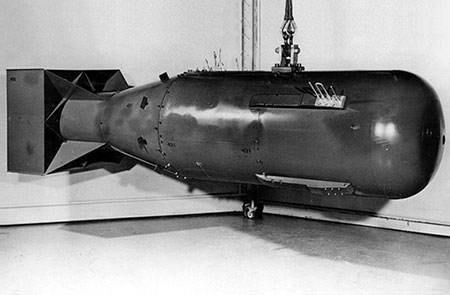
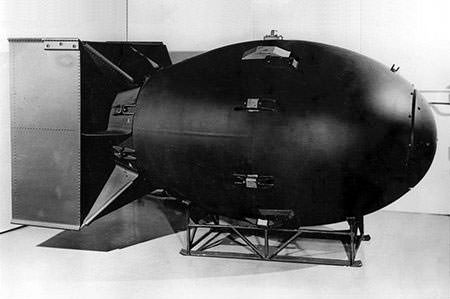
#2 NAGASAKI WAS NOT ON THE INITIAL TARGET LIST
The Target Committee appointed to select targets nominated 5 targets: Kokura, Hiroshima, Yokohama, Niigata and Kyoto. Henry L. Stimson, the Secretary of War at the time, was an admirer of Kyoto as he had spent his honeymoon there previously. He was adamant that Kyoto be removed from the list and hence on July 25, Nagasaki was put on the target list in place of Kyoto.
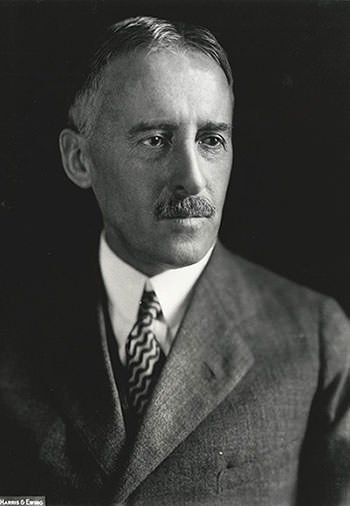
#3 JAPANESE RADARS HAD DETECTED THE PLANE
Little Boy exploded over Hiroshima at 8:15 A.M. of August 6, 1945. About an hour earlier, the Japanese radar net had detected American aircrafts heading towards southern Japan and an alert had been issued in many cities, including Hiroshima. However, at 8:00 A.M. the operator determined that the number of planes was very small, probably not more than three, and the air raid alert was lifted.

#4 NAGASAKI WAS NOT THE TARGET FOR THE SECOND BOMBING
Although the second bombing was scheduled for August 11 against Kokura, it was brought forward by two days due to forecast of bad weather. Due to clouds, and smoke resulting from a firebombing nearby, the aiming point in Kokura was obscured. After three runs over the city and with fuel running low, it was decided to bomb the secondary target Nagasaki. There were clouds in Nagasaki too but a last minute break in the clouds allowed the captain to sight the target and drop the ‘Fat Man’ weapon.
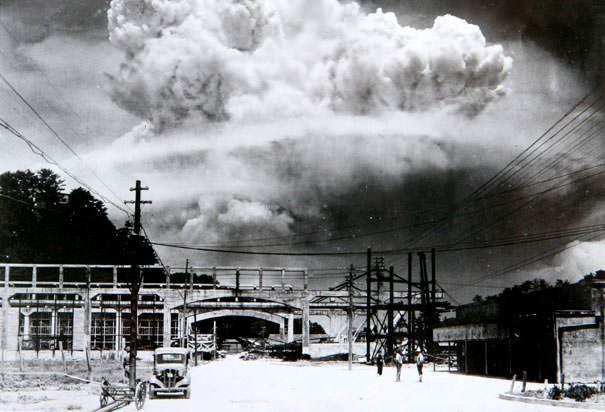
#5 POLICEMEN WERE SAVED BY USING THE ‘DUCK AND COVER’ METHOD
‘Duck and cover’ is a way to enhance the chances of personal protection in case of a nuclear explosion. It provides a certain degree of protection to practitioners who are outside the radius of the nuclear fireball but still in the range in which they would suffer grave injuries or death if they are standing upright. In the 1946 book Hiroshima, it is mentioned that how a Hiroshima policeman went to Nagasaki and taught their police to duck after the atomic flash. As a result, not a single Nagasaki policeman died in the initial blast. This allowed the Nagasaki police to organize better relief efforts than in Hiroshima. Sadly the public were ignorant of this method.
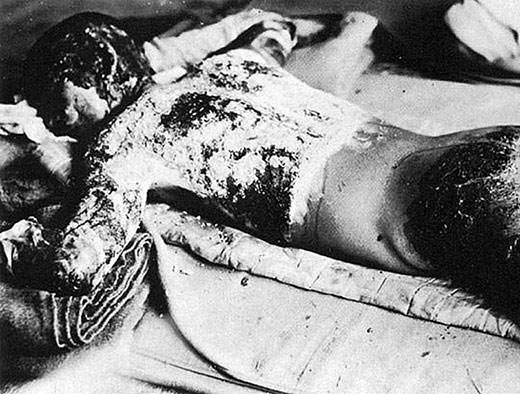
#6 RADIATION FROM THE EXPLOSION CREATED PERMANENT SHADOWS
As thermal radiation travels in straight lines from the fireball, any opaque object in its path produces a ‘nuclear shadow’. Hence the radiation produced permanent nuclear shadows of objects and even people around the sites which can be seen even today. The heat of the explosion instantly vaporized the bodies of people in near vicinity but left their shadows.
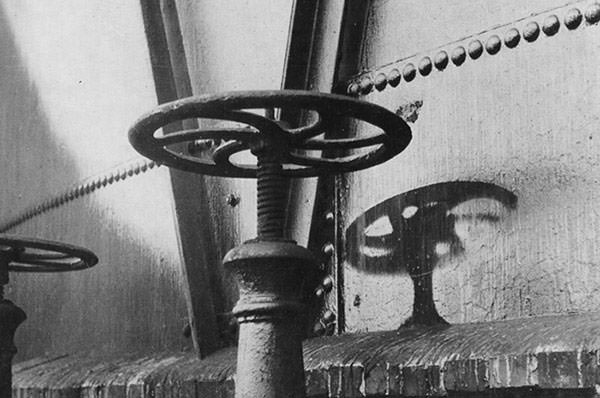
#7 It CAUSED THE DEATH OF AT LEAST 150,000 – 246,000 PEOPLE
The bombings led to the death of 90,000 – 166,000 people in Hiroshima and 60,000 – 80,000 in Nagasaki with nearly half of these casualties occurring on the days of the bombing. Although the bomb dropped on Nagasaki was more powerful, less people died there. This was because due to bad weather ‘Fat Man’ missed its intended target location in Nagasaki by 3 kilometers and the effect of the bombing was confined by hillsides to the narrow Urakami Valley. The survivors of the bombings were called ‘hibakusha’, a Japanese word that literally translates to “explosion-affected people.” ‘Hibakusha’ and their children had to face severe discrimination in Japan due to ignorance of people who thought the effects of radiation were contagious.
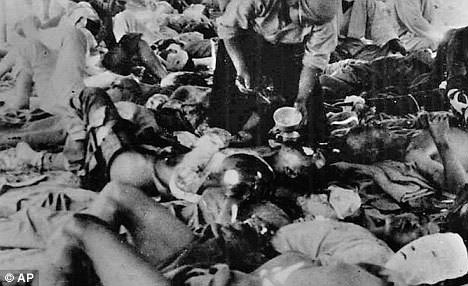
#8 A Man SURVIVED BOTH THE BOMBINGS
Yamaguchi Tsutomu lived and worked in Nagasaki. In the summer of 1945, he was in Hiroshima on a business trip. On August 6, he was preparing to leave Hiroshima but realized that he had forgotten his hanko (a stamp allowing him to travel) and so he returned to his workplace. He was 3 kilometers away when ‘Little Boy’ hit Hiroshima at 8:15 A.M. The explosion ruptured his eardrums and he suffered severe burns. After spending the night at an air raid center, he returned to Nagasaki the next day. Despite his wounds, Tsutomu reported to work on August 9. Again, he was 3 kilometers away when ‘Fat Man’ hit Nagasaki. However, this time he was unhurt. Yamaguchi was the first officially recognized survivor of both the bombings. He died on January 4, 2010 in Nagasaki at the age of 93. According to a 2006 documentary, there are 165 double survivors.
#9 GINKGO TREES SURVIVED THE HIROSHIMA BOMBING
Ginkgo biloba is a unique species of trees with no living relatives. It is a living fossil, i.e. it is similar to species known only from fossils. 270 million years old, Ginkgo has survived many extinction events. Its tenacity was seen in Hiroshima, where six Ginkgo trees within 1–2 km from the bomb explosion were among the very few living things in the area to survive the blast. The trees healed quickly and are still alive today. The first thing to bloom again after the bombing was oleander, which was made the official flower of Hiroshima.
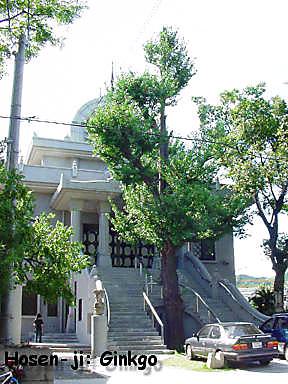
#10 HIROSHIMA PEACE FLAME WILL BE LIT TILL ALL NUCLEAR BOMBS ARE DESTROYED
Hiroshima Peace Memorial Park was built on the open field created by the explosion. It is dedicated to the legacy of Hiroshima being the first city on earth to experience the horrors of a nuclear attack, and to the memories of the direct and indirect victims of the bombing. One of its monuments is the Peace Flame which was lit in 1964 and will continue to do so until all nuclear weapons on the planet are destroyed.

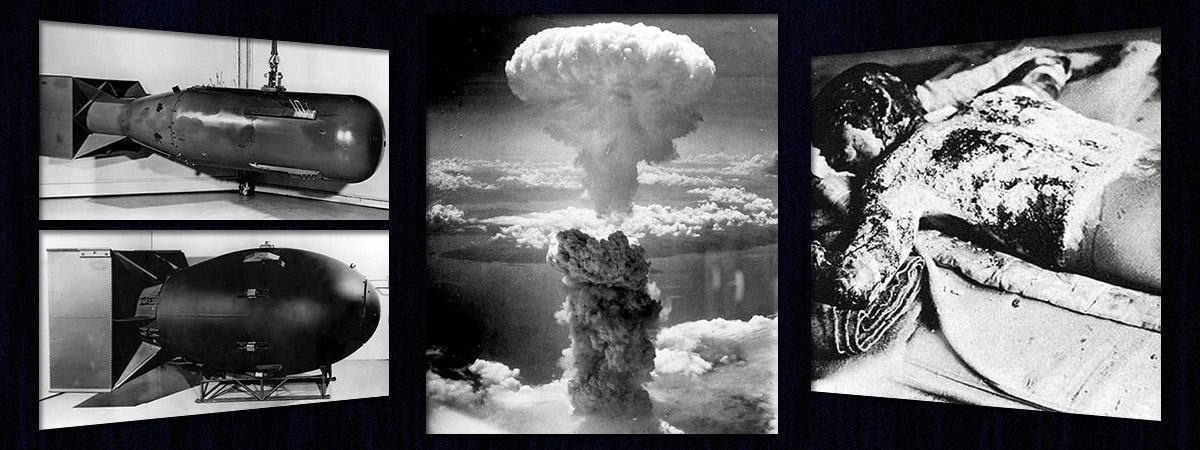
food
I found a lot of info u guys just stupid
yes
Same I couldn’t find any good information about Nagasaki and Hiroshima but I like the pictures and the website
I didn’t find Any good fact about Hiroshima and Nagasaki so I y’all can please put some good facts about these thing so people can get a 100 on there paper but I did get a little bit of imformation about this but I only found one thing so I need three but this is a good website to be on and I still love it even thow I didn’t get that munch of imformation about theses thing but thank you for the website?????????????????????????????????
Ha, two years later, I have a GREAT fact, it happened during World War II, WHAT A SUPRISE!